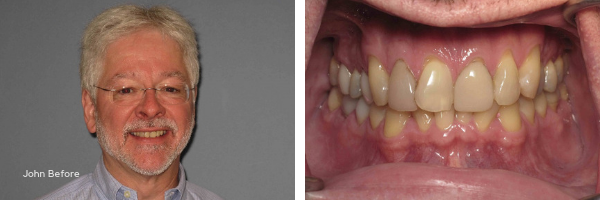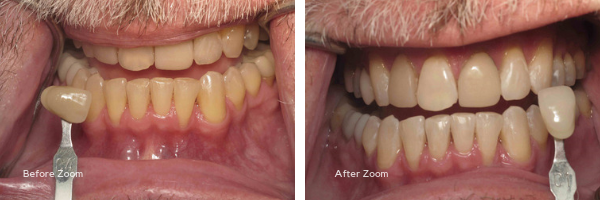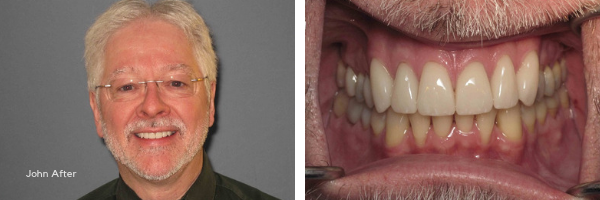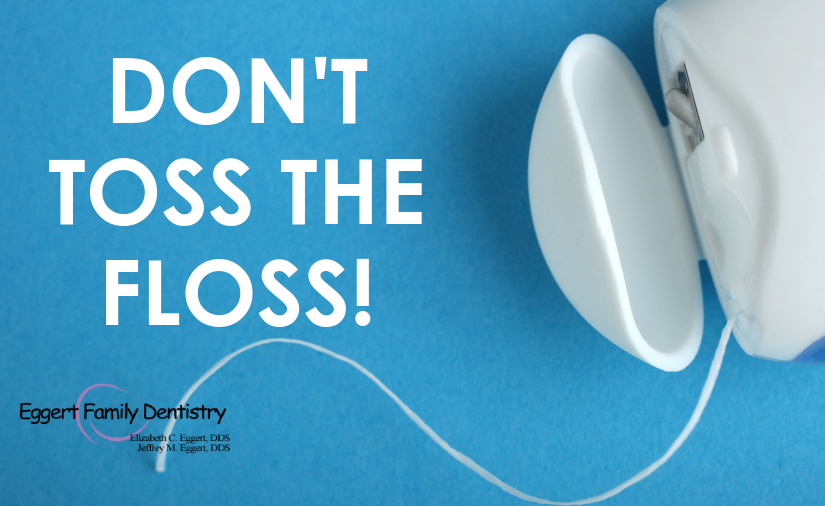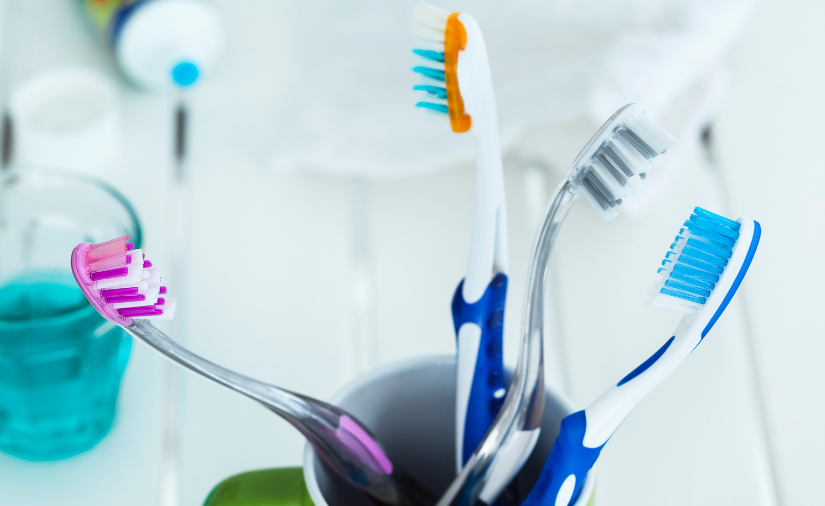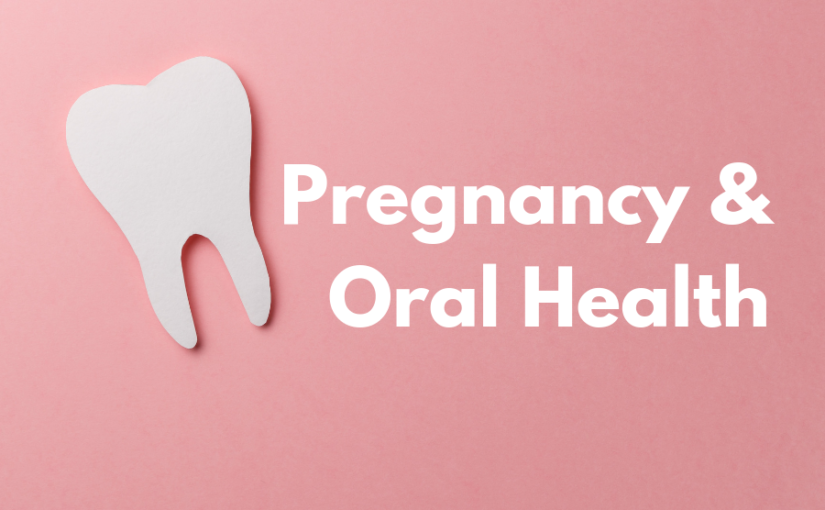By: Dr. Elizabeth Eggert
We’ve probably all heard and used the phrase, “It’s like pulling teeth to _____,” meaning that it’s hard to get cooperation from the “patient” when it comes to a certain task. In reality, while a dental extraction is an important procedure that requires careful prep, planning, execution and recovery, it’s not one patients need to dread. Let’s take an up-close look at dental extractions and what patients can expect from them.
Some scenarios that necessitate a tooth extraction
Trauma to a tooth, severe tooth decay and crowding are three primary reasons teeth are extracted. Also, if a person is immunocompromised and has a tooth that runs a high risk for infection, Dr. Elizabeth or Dr. Jeff may choose to pull that tooth prophylactically.
Why it’s critical to disclose your medical history prior to a tooth extraction
For some patients, their health history makes them more prone to infection or complications from infection. In these cases, antibiotics are prescribed before, during and after an extraction procedure. Some of these health conditions include congenital heart defects, liver disease, artificial joints and a weak immune system.
What you can expect prior to and during a tooth extraction
- Prior to an extraction, Dr. Elizabeth or Dr. Jeff administer a local anesthetic to numb the area surrounding the tooth.
- Once the area is sufficiently numb, Dr. Elizabeth or Dr. Jeff gently move the tissue away from the tooth and then hold the tooth with a tooth forceps, rocking it back and forth until it becomes dislodged.
- Once the tooth is removed, you will bite on soft gauze to control any bleeding. This also encourages a clot to form over the extraction site.
Post-procedure protocol
Following an extraction, there is a certain protocol that must be followed to encourage proper healing of the extraction site.
- You will bite on gauze for 30 minutes to help the clot form. You may need to use gauze again in the first 24 hours should the area start bleeding.
- As soon as possible, apply ice to the affected area in 10-minute increments to keep swelling down.
- Take care not to dislodge the clot by avoiding forceful rinsing or spitting and avoiding brushing and flossing the extraction area for the first 24 hours.
- 24 hours after the extraction, rinse mouth with warm salt water 2-3 times each day for a few days. This encourages the tissue to heal faster.
- Avoid smoking, drinking through a straw or eating solid foods for at least 24 hours after the extraction procedure.
When to call Eggert Family Dentistry
Some discomfort and bleeding following a tooth extraction is perfectly normal and can be managed with Over The Counter pain medications, gauze and ice. However, if pain or bleeding become severe or if you develop a fever, chills, nausea, vomiting, excessive swelling, a cough or shortness of breath, contact Dr. Elizabeth or Dr. Jeff immediately.
Within 1-2 weeks, the extraction site starts to feel more normal as new bone and gum tissue grow in. Keep in mind, however, that the bone is still healing and changing for 6-8 weeks following an extraction.
If you’re interested in learning more about the ins and outs of dental extractions or think you might be a candidate for an extraction, contact Dr. Elizabeth or Dr. Jeff at 651.482.8412.
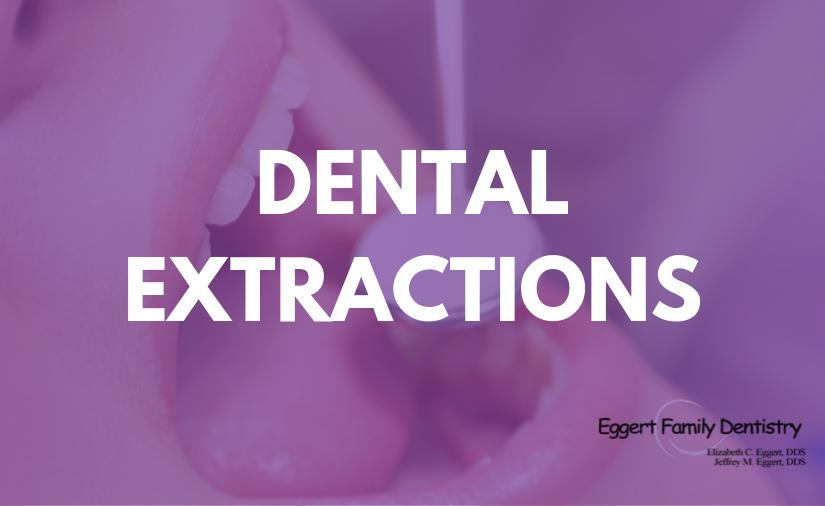


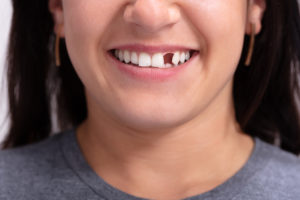 Losing a permanent tooth can be a scary situation. Unfortunately, missing a tooth can keep people from smiling – one of our favorite things! Fortunately, there are some excellent options when it comes to replacing a lost tooth. At Eggert Family Dentistry, we offer three primary solutions for missing teeth: implants, bridges, and partial dentures.
Losing a permanent tooth can be a scary situation. Unfortunately, missing a tooth can keep people from smiling – one of our favorite things! Fortunately, there are some excellent options when it comes to replacing a lost tooth. At Eggert Family Dentistry, we offer three primary solutions for missing teeth: implants, bridges, and partial dentures.
